Greater Lyon is one of Europe's major economic and cultural metropolises
Lovers of large, unspoilt urban spaces can enjoy a green city that has reclaimed its banks, a city where pedestrians, cyclists, and trams share space, a city that brings the countryside to the heart of neighbourhoods undergoing reconstruction.
A city of the past, attached to its traditions, and its communities, Lyon is also a fashionable city, a city of creators, which gives it strength and charm. A city where the art of living is more "art" than livestock, just in case you still picture quaint country cottages with chickens roaming outside. Lyon is a city where young chefs are kings.
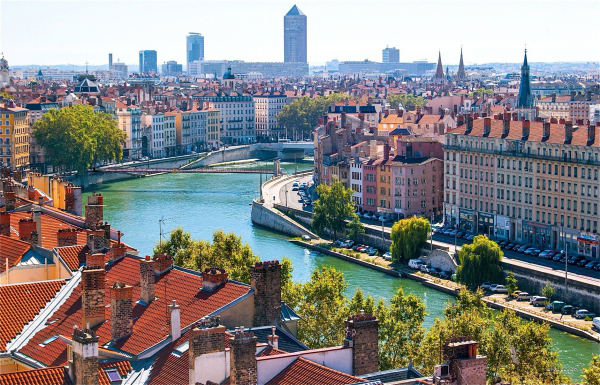
A Unique Heritage
Capital of the Gauls under the Roman Empire, a great cultural and commercial city during the Renaissance, a powerful industrial city in the 19th century, Lyon became a great European metropolis by integrating all the influences that inspired it.
Reflecting the different eras, Lyon's rich heritage tells the story of the city, from antiquity through the Renaissance and to the contemporary era.
The entire city centre is listed as a UNESCO World Heritage Site, making it the largest listed urban area in the world (500 hectares).
Strong Economic Dynamism
With more than 2 million inhabitants, the Lyon metropolitan area is the largest French metropolis after Paris. Its position as a crossroads of communication favours its attraction and influence.
The Lyon region has a long tradition of economic and technological initiatives: all industrial sectors are represented. The city encourages entrepreneurial creations and thus forms Lyon French Tech.
Mechanical engineering, textiles, chemicals, pharmaceuticals, and health are the fields in which Lyon enjoys an international reputation.
Lyon and the Auvergne-Rhône-Alpes Region are currently part of a very important economic dynamic, shining at the national and even international level.
The agglomeration has 5 competitive clusters, 2 of which are world-class: Lyon Biopole (Health) and Axelera (Chemistry and Environment).
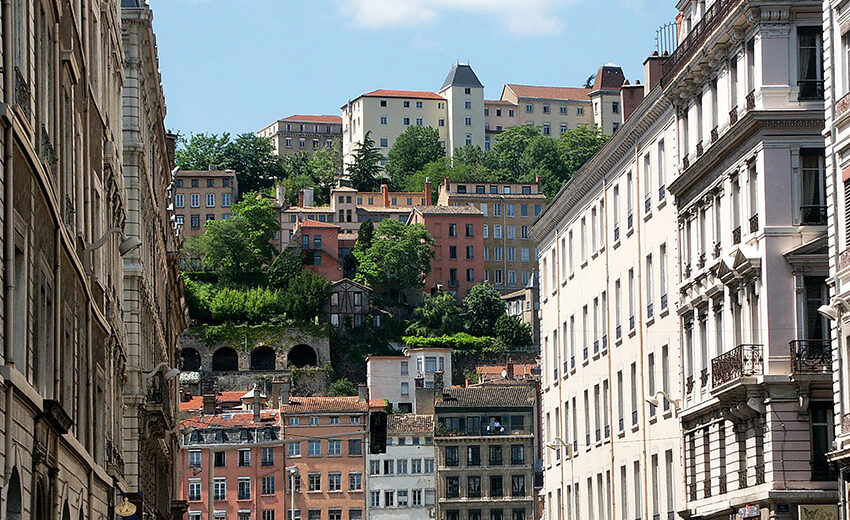
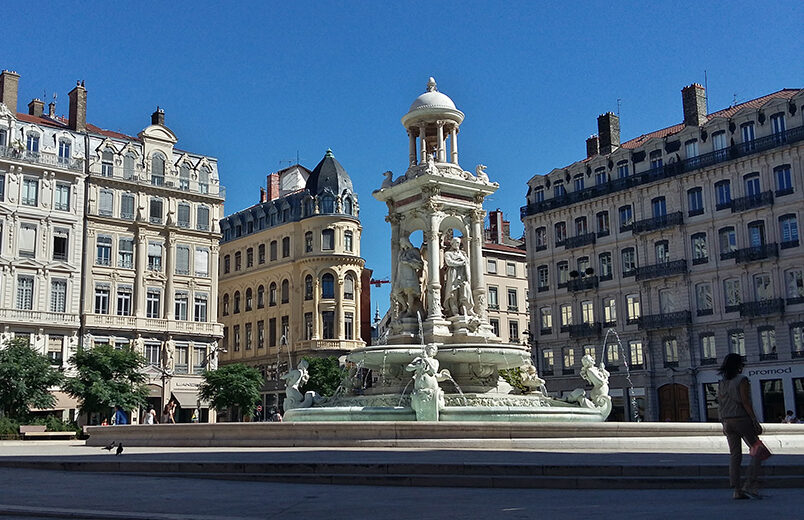
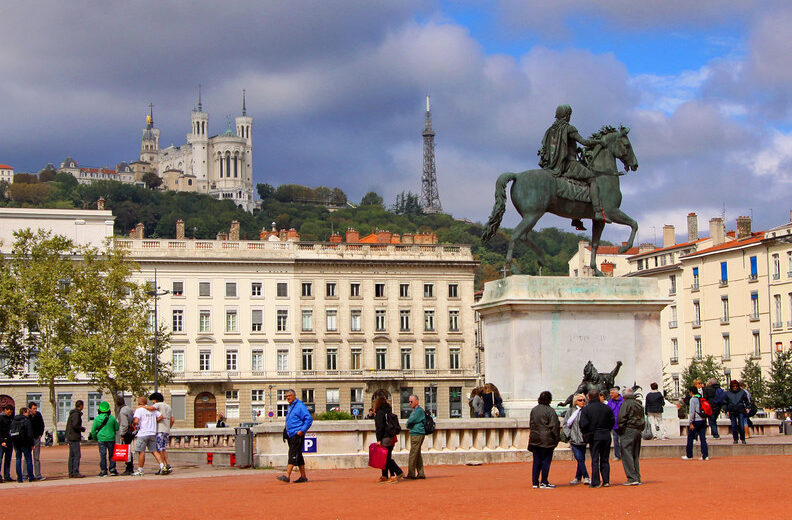
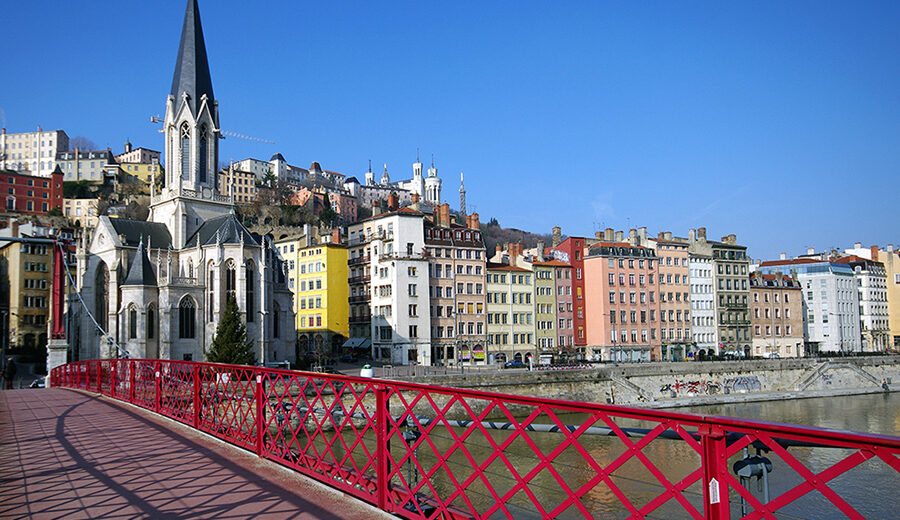
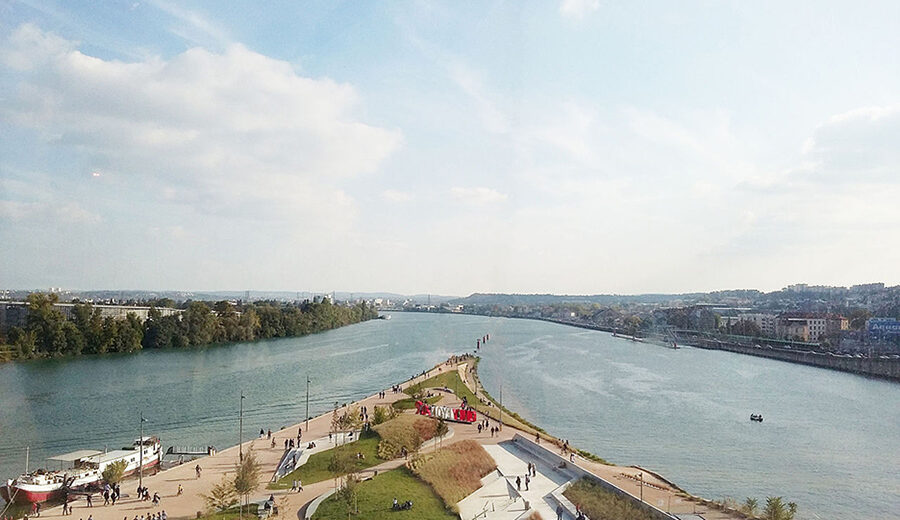
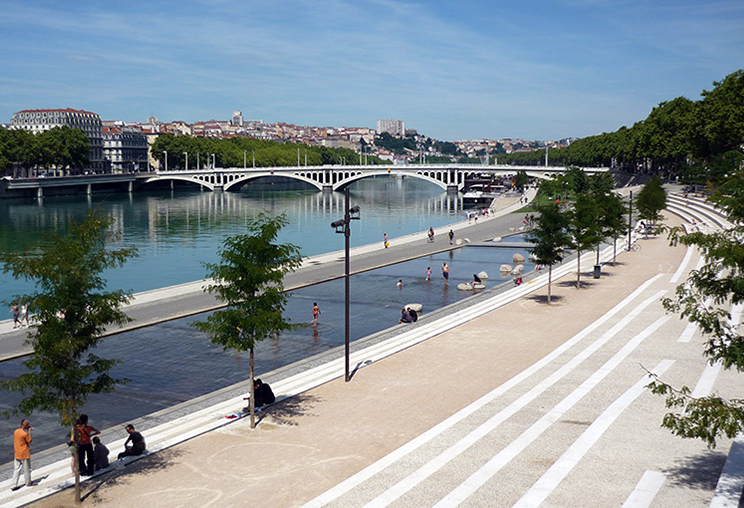
A Privileged Geographic Location
At the gateway to the city of “Les Gones”, the Loire department draws part of its resources from the river of the same name, the origin of its rich boating tradition. The Loire department includes Saint-Etienne, which bears the label of "Ville d'Art et d'Histoire" (City of Art and History), the city of Roanne, the historic centre and its marina on the Loire, but also villages with medieval architecture containing small chapels, sometimes perched on volcanic mounds, the Beaujolais grape varieties, Mount Pilat, and countless possibilities for hiking.
Just 2 hours from Paris and 1h45 from Montpellier by TGV, the Rhône Valley is naturally a major traffic axis. With this privileged geographic location, Lyon has developed its communication networks: Saint-Exupéry International Airport, the TGV and motorway networks, the presence of the Rhône allows numerous connections, both for the transport of people and goods.
Urban transport is provided by around 100 bus lines, 4 metro lines, 2 funiculars, and 3 tramway lines.
A Rich and Diverse Cultural Life
Lyon is home to an intense cultural life. It hosts events on an international scale: the Dance Biennale, the Contemporary Art Biennale, and the Festival of Lights on the 8th of December are major cultural events open to the city and its inhabitants.
In summer it is possible to swim in incredible lakes or attend the many festivals such as Jazz à Vienne or the Nuits de Fourvière. In the autumn, it is absolutely necessary to discover the Lyon Biennales and to walk in the middle of the Beaujolais vineyards. In winter, why not ski in the most beautiful resorts in France or admire the magnificent light shows in Lyon? And in spring, nothing better than discovering the Vercors plateau or strolling through old Annecy.
The city also has a large number of cultural facilities: around thirty museums, 15 libraries, a multitude of theatres, including one dedicated to dance, and much more.
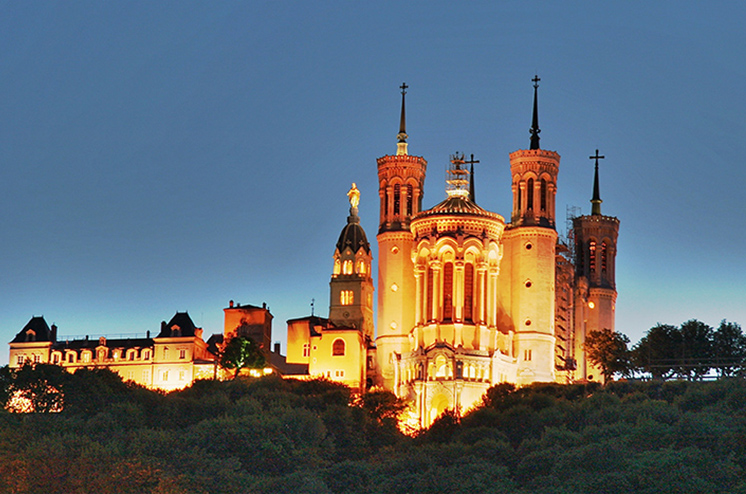
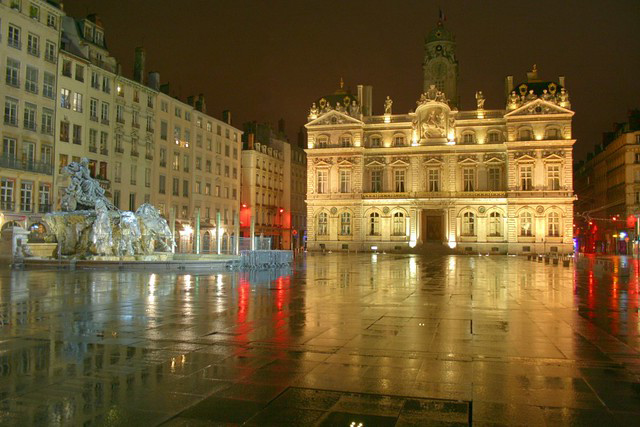
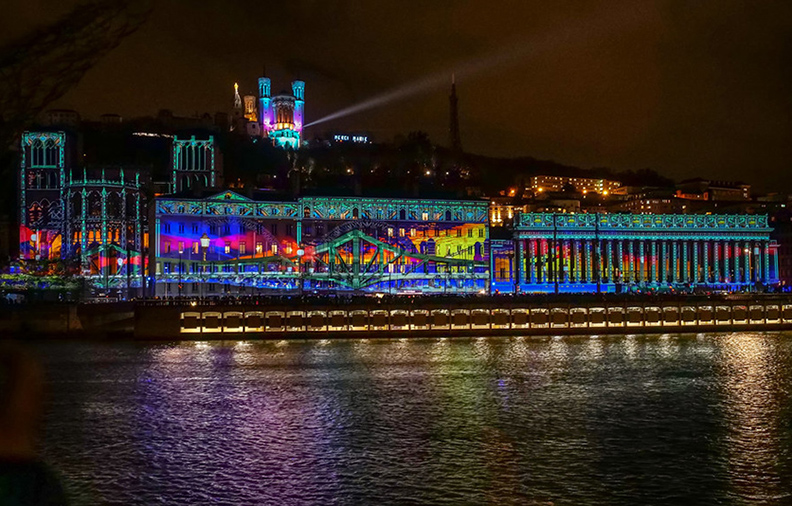
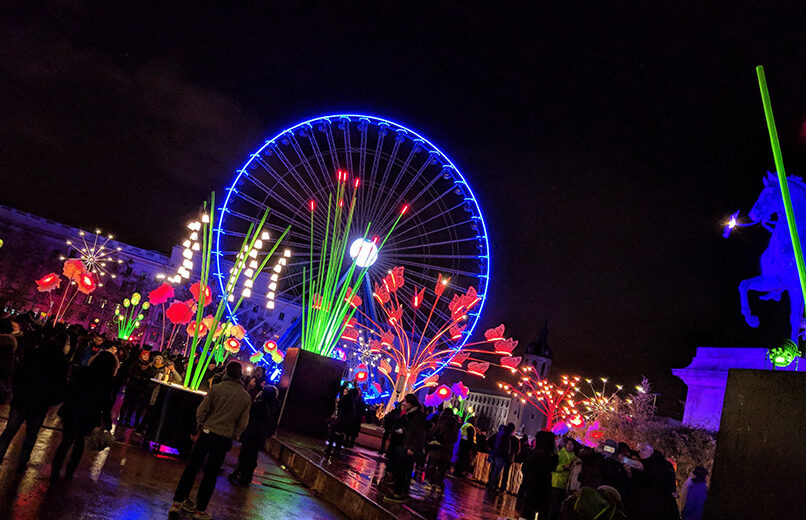
A High Quality of Life
Lyon offers an exceptional quality of life for a large conurbation: the Rhône and Saône rivers, and the many parks, squares, and gardens contribute to the improvement of the living environment. It's about enjoying the advantages of a big city without the disadvantages.
The efficiency of the public transport network, the development of cycling paths, and the introduction of Velo'v (bicycle lanes) make it easy to get around.
The capital of gastronomy, Lyon has made cooking into an art and way of life, with its numerous restaurants, the "bouchons lyonnais", and a strong culinary tradition.

Discover also


